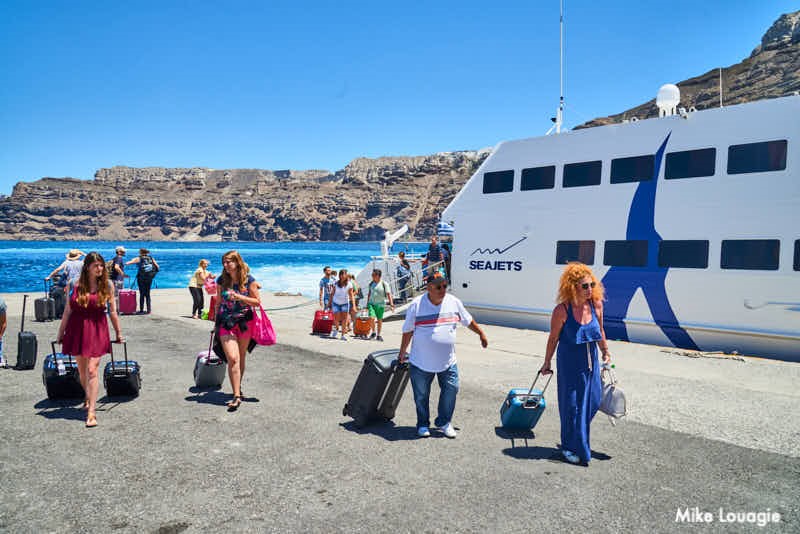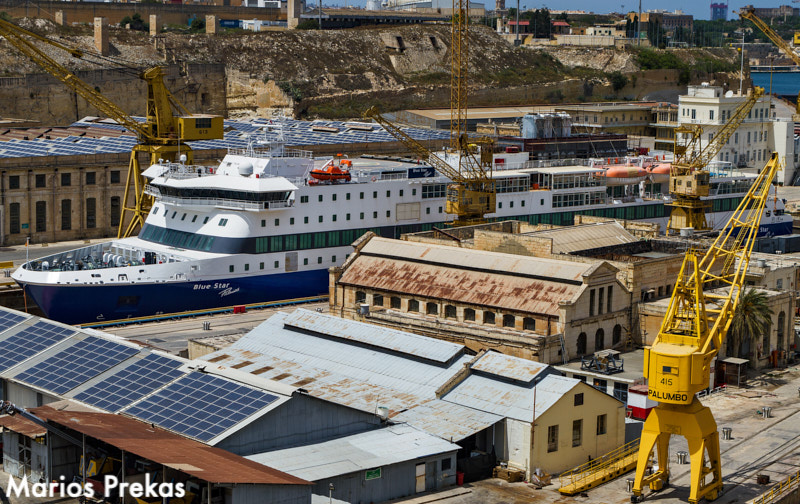The degradation of the role and the contribution of the coastal shipping to the country’s development – by the state – was highlighted by the Hellenic Passenger Shipping Business Association (SEEN), which also submitted specific proposals.
Read the full story on our website









